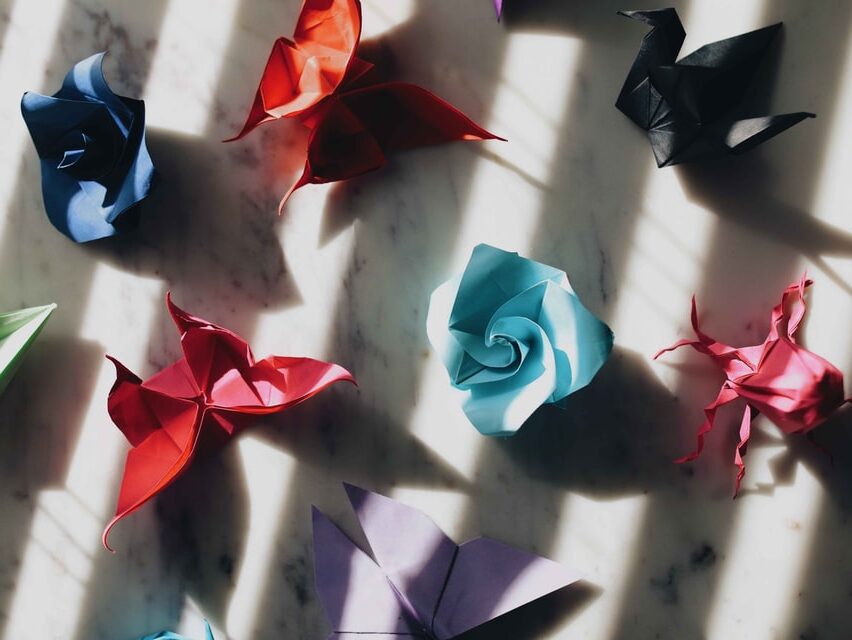You’ve got them lying around somewhere, don’t you—one- or two-page writing scraps that you dashed off at some point? Maybe they were character sketches you wrote while working through a how-to book on characterization. Or maybe they’re tucked into a notebook you used at that last workshop you attended, where the instructor had you do writing exercises on settings or memory or internal conflict.
You wrote them down, then forgot about them, didn’t you?
That’s okay. We all do. I have half a drawer stuffed with used notebooks full of nothing but writing fragments that never went anywhere.
Lately, I’ve found a way to revive a few of them. Sure, it means I’m getting new mileage out of old ideas. But more importantly, those writing exercises that were meant to teach me something about my writing the first time around are now helping me a second time. They’re becoming raw material for new explorations.
As one of my New Year’s Resolutions this year, I vowed to write a poem a week. I don’t consider myself a poet—my preferred writing genre is fiction. But I wanted to stretch my creativity muscles, break out of my comfort zone, and think about language and rhythm in new ways.
But as we all know, sometimes it’s hard to sit down at the computer with a limited amount of time and come up with a new idea.
So I’ve started opening up some of those old notebooks and scanning through them for ideas.
After all, some of those ideas were pretty interesting, even if they weren’t related to anything else I was working on at the time. For example, there was a simple character sketch for a character I’ve never used in a story. There was an isolated scene that was supposed to capture a smell from my childhood. For another short piece, I had to introduce a new take on a character from a myth or fairy tale.
Now, years later, as I flip through my notebooks and stumble across these random snippets of writing again, I realize that maybe they could be repurposed. Instead of leftover scraps from abandoned stories, maybe those slivers of writing were simply waiting to be reexplored in a different form.
By rewriting them as poems, I could take each of those ideas and whittle them down to their raw, essential core, then build them back up with a new focus on language, imagery, and cadence. I could free myself to play with words and concepts in ways that don’t have to fit into a predetermined storyline. I could spin dizzy metaphors and try out new voices like an internet influencer tries out new mascara.
It’s been a kick, getting to revisit forgotten ideas and watch them reform into something new. Some ideas have worked better than others, naturally. But each one has taught me to look at the words I’m using in new ways. That, in turn, will strengthen my fiction writing later.
This is the charm of writing fragments. Since they were never destined to be part of something larger, they’re perfectly happy to be rediscovered, toyed with, and manipulated in a dozen different ways. Whether it’s as poems, personal essays, or as a seed for a scene in your current novel, or a reminder that you need to think about your main character’s five senses, those writing fragments may still have gifts to offer you. An who knows? Maybe looking at them again will spark a whole new novel for you!
Go ahead and dig out one of those notebooks right now. Who knows what magic you’ll find?
[Photo by Tabitha Turner on Unsplash]


Great concept. I, too, have a bunch of pieces of paper with scraps of writing, and a file called “spare parts” on my computer. You never know when you’ll want or need them.
“Spare parts” — I love it!
Good idea to repurpose old pieces. I also enjoy setting myself a monthly practice around poetry. Poetry seems more based on sensations and emotions to me. It makes my brain work in a very different way. Thanks for sharing your practice!
Yes. A fun way to get inspired. I’ve done something similar and discovered great new ways for my characters to onverse, unexpected descriptions, cool plot ideas. I’ve also taken random one liners and put them them together into poems. Like being on a playground.